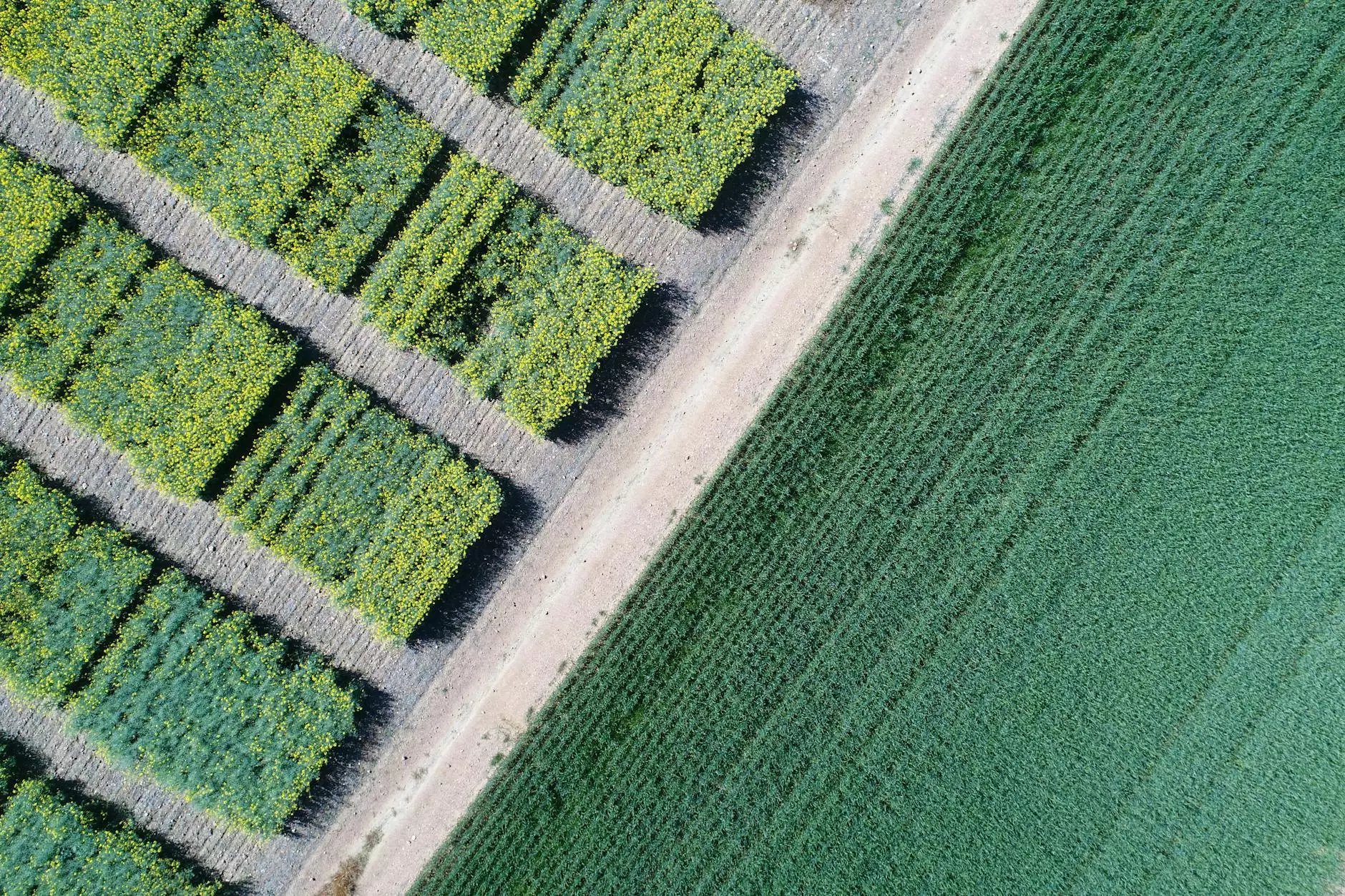Optimal Grain Monitoring Solutions for Enhanced Agricultural Productivity

Understanding the Importance of Grain Monitoring in Agriculture
In the world of agriculture, grain monitoring serves as a critical aspect of effective farming practices. Proper monitoring ensures that farmers can maintain optimal conditions for stored grain, prevent spoilage, and maximize profits. This vital process involves utilizing innovative technologies and methodologies that help farmers keep track of grain quality and storage conditions. By implementing an efficient grain monitoring system, farmers can make informed decisions that directly impact their productivity.
What is Grain Monitoring?
Grain monitoring refers to the systematic process of observing and controlling the conditions under which grains are stored. This includes monitoring temperature, humidity, and other environmental factors that can affect the quality and safety of stored cereals. Effective grain monitoring not only helps in preventing deterioration but also ensures that grains retain their nutritional value and marketability.
Key Components of Grain Monitoring
- Temperature Monitoring: Regularly checking the temperature of stored grains prevents overheating, which can lead to spoilage.
- Humidity Control: Maintaining optimal moisture levels is crucial for preventing mold growth and pest infestations.
- Airflow Management: Proper airflow helps in regulating temperature and moisture, which is essential for grain preservation.
- Pest Detection: Monitoring for pests and insects ensures that grains are stored in a safe, secure environment, protecting them from damage.
The Role of Technology in Grain Monitoring
With the advent of modern technology, grain monitoring has become more sophisticated and efficient. Farmers can now employ an array of advanced tools and systems that offer real-time data and analytics, providing them with unparalleled insights into their grain storage conditions.
Innovative Solutions for Effective Monitoring
Some of the most innovative solutions in the grain monitoring industry include:
- Smart Sensors: These sensors can be placed within grain storage facilities to continuously monitor temperature and humidity levels. They provide instant alerts to farmers when conditions stray from the desired parameters.
- Data Analytics Software: Advanced software solutions allow farmers to analyze historical data, identify trends, and make predictions regarding grain quality based on environmental conditions.
- Automated Ventilation Systems: These systems can adjust airflow automatically based on the readings from the monitoring devices, optimizing storage conditions without manual intervention.
- Mobile Applications: Many monitoring systems now offer mobile apps that enable farmers to check their grain storage conditions from anywhere, enhancing convenience and responsiveness.
Benefits of Implementing a Grain Monitoring System
Investing in a robust grain monitoring system offers numerous benefits that can greatly enhance agricultural productivity:
1. Improved Grain Quality
By consistently monitoring grain conditions, farmers can ensure that their product remains fresh and free from spoilage. This attention to quality can lead to better prices in the marketplace.
2. Increased Profitability
Proper monitoring reduces the likelihood of significant losses due to spoilage or pest infestations, thereby safeguarding the farmer’s investment and enhancing overall profitability.
3. Enhanced Operational Efficiency
With real-time data at their fingertips, farmers can make timely decisions, optimizing their operations and reducing waste.
4. Better Risk Management
By identifying problems before they escalate, effective grain monitoring mitigates risks, allowing farmers to take corrective action quickly.
Common Challenges in Grain Monitoring
While the benefits of grain monitoring are clear, farmers must also navigate several challenges:
1. Initial Implementation Costs
Investing in grain monitoring technology can be costly. Farmers must weigh these initial expenses against the potential long-term savings and benefits.
2. Technology Adaptation
Some farmers may struggle with adopting new technologies. Continuous education and training are necessary to effectively utilize grain monitoring tools.
3. Data Integration
Farmers rely on various systems and tools; integrating grain monitoring data with other farm management systems can be complex but necessary for comprehensive management.
TSGC Inc.: Your Partner in Grain Monitoring Solutions
At TSGC Inc., we understand the critical role that grain monitoring plays in modern agriculture. We are committed to providing top-notch solutions in farm equipment repair and farming equipment that supports effective grain storage and monitoring practices. Here’s how we can assist you:
Comprehensive Farm Equipment Repair
Our team specializes in repairing farm equipment, ensuring that your machinery remains in optimal working condition for all your grain monitoring needs. We offer service for:
- Harvesters and combines
- Tractors and tillage equipment
- Grain storage facilities
- Monitoring equipment
Quality Farming Equipment for Enhanced Monitoring
We provide high-quality farming equipment designed to enhance your grain monitoring capabilities. Investing in reliable equipment means better monitoring and increased productivity.
Conclusion: The Future of Grain Monitoring in Agriculture
As the agricultural sector evolves, so too does the necessity for effective grain monitoring practices. By leveraging modern technologies and partnering with experienced service providers like TSGC Inc., farmers can significantly enhance their operational efficiency, increase profitability, and guarantee the quality of their grain products.
With a dedicated focus on innovation and quality service, TSGC Inc. stands ready to meet the needs of farmers across the country. By understanding the critical nature of grain monitoring and employing the right tools and strategies, your agricultural business can thrive in an increasingly competitive market.
Embrace the future of agriculture with enhanced grain monitoring solutions today!



